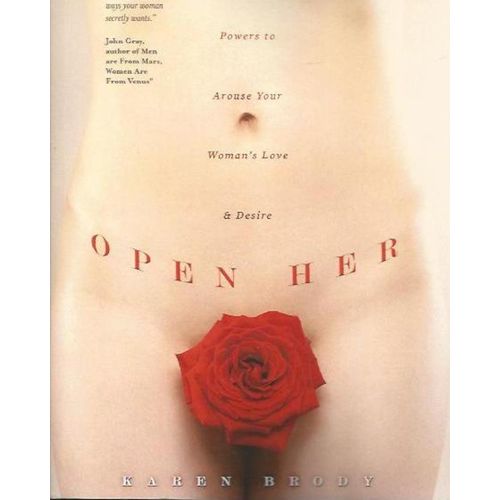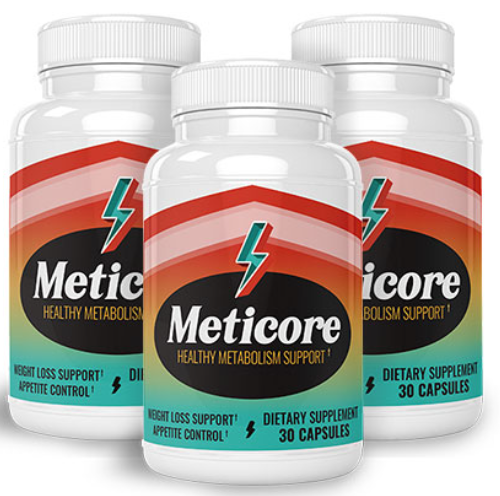What are your deepest wounds from the past and how can I support you there?
Our childhood experiences and relationships with our parents and siblings can create emotional wounds we carry into adulthood. If you suffered loss, abuse, neglect, or tragedy in your youth, you will have scars that likely impact your relationship. Having the support and compassion of the one person you love most can provide much needed healing and comfort.
But you must be willing to share these past wounds with your loved one and understand how they impact your emotions and behaviours as an adult. Your partner needs to know how he or she can best provide the support you need.
What pain or wounds from past relationships might be impacting our relationship?
Past love relationships can also impact our self-esteem and confidence, especially if the relationship ended badly. We learn many positive lessons from past loves, but we can also carry over insecurities, anger, resentment, and fears. We might hold back from emotional intimacy for fear of getting hurt again.
It’s hard to be vulnerable and share these old wounds with your partner, but, in sharing, you open yourself to loving fully again and finding the safe refuge for being fully yourself. Discuss together how these past relationship issues might be causing misunderstandings or conflict, and what both of you can do to mitigate this.
Our first role models in love, relationships, and conflict resolution are our parents. If they had a happy, emotionally mature marriage, then we had positive role models teaching us how to choose a loving partner and how to speak and behave within a committed relationship. However, if our parents were unhappy and fought constantly, or if we were raised by a single parent, we didn’t benefit from that positive modelling. Instead, we might have picked up immature, self-defeating, or divisive behaviours that simply can’t work in a good relationship. This requires we learn from scratch how to be in a healthy relationship. Talk together about your parents’ relationships and how they influenced you for good or bad.
What emotional patterns do you see yourself repeating?
Just as we tend to have conflict patterns in our love relationship, as individuals we have emotional patterns or habits we tend to repeat unconsciously. Maybe we find ourselves feeling insecure regularly, or we tend to be easily angered over trivial things. Sometimes we can get trapped in negative, looping thoughts that pull us into anxiety or depression. These patterns can impact the quality of your love relationship if they aren’t addressed. When you’re preoccupied with your own pain and unhappiness, you can’t be available for your partner. Discuss these emotional patterns with each other, and how they might be impacting your spouse. What actions can you take to address these patterns?
What do I unconsciously do that triggers pain from the past?
Because you and your partner are so close, he or she is the person most apt to trigger past pain. Maybe your father was verbally abusive, so any raised voice makes you tremble with anxiety. Perhaps your mom was sick in bed for a long time before she died, so any time your wife gets sick, you feel scared and resentful. Sometimes it’s hard to identify the past event that your partner’s actions or words are triggering, but if you ponder it, you’ll likely see the thread of connection. Talk about this with each other and share what your spouse might be doing to trigger your pain.
How can I make you feel safe to be vulnerable about your pain and fears?
Sharing your inner pain and fears is really difficult. You might fear your partner will reject you if he or she knows the “truth” about your past, or you might not want to relive the pain. Maybe you feel you can just sweep it under the rug, and it will all go away. But past pain has a way of showing up in the most unpredictable ways—from depression to rage. You need a healthy, supportive outlet for sharing your deepest fears and wounds, and your partner needs to hear from you how to make you feel safe to share.
You might be reticent to share a situation from the past because of something your partner has said or done that makes you feel judged or insecure. Maybe you had an abortion as a teenager, but your husband thinks abortion is wrong. Or perhaps you treated a past girlfriend badly, but you fear sharing your regret about it because you don’t want your wife to know you acted this way. If you’re holding on to a secret or past event you know you should share with your spouse, but you don’t feel comfortable, tell your spouse why you’re uncomfortable and afraid to share, and ask for his or her understanding and support. You might need the help of a counsellor to navigate this if you find it too difficult.
How are you allowing the past to continue to make you unhappy?
The past has a way of creeping up on us and infecting our happiness with bitterness, shame, and regret. This happens to everyone to some degree or another, and it takes awareness and conscious action to prevent the past from overwhelming your present-day happiness. Ask yourself and your partner how the past might contribute to any unhappiness between you or as individuals. Don’t allow past pain to harm your intimacy and connection.
What steps are you willing to take to heal from the past?
If you allow the past to make you unhappy without doing anything about it,you’re facilitating the deterioration of your relationship. A couple can’t survive happily if one partner is stuck with emotional baggage he or she can’t release. It takes willingness and determination to heal, but it is possible with support from a professional. Ask your spouse if he or she is willing to take the steps necessary to move beyond the past so your relationship can thrive.
All of this discussion about the past and old wounds might seem unnecessary and painful, but it’s important to air it out so you can move on. Before you leave past pain behind, take a few minutes to talk about what you’ve learned from it and how you can apply what you’ve learned to your relationship growth.
Express gratitude for all your experiences, good and bad, and discuss how these challenges have made you both stronger as individuals and as a couple.
Follow-up: Are there any behaviour adjustments you’d like to request from your partner related to past wounds? What specific action steps will you both take to improve your compassion and understanding of each other and yourselves related to the past? Write these down and determine how and when you will initiate these changes or actions.
RELATED POSTS
Time
Together and Alone in a Relationship
Spiritual Life and
Values on a Relationship
Sex and Affection
in a Relationship
Respect
and Kindness in a Relationship.
Personal
Habits in a Relationship
Personal
Boundaries in a Relationship
Health
and Fitness for Couples
Feeling
Loved in a Relationship
Extended Family and
Relationship
Emotional Needs in
a Relationship
Emotional Intimacy
in a Relationship
Disagreements and
Differences in a Relationship
Communication
in a Relationship.
Children
and Parenting in a Relationship
Around the Web




































